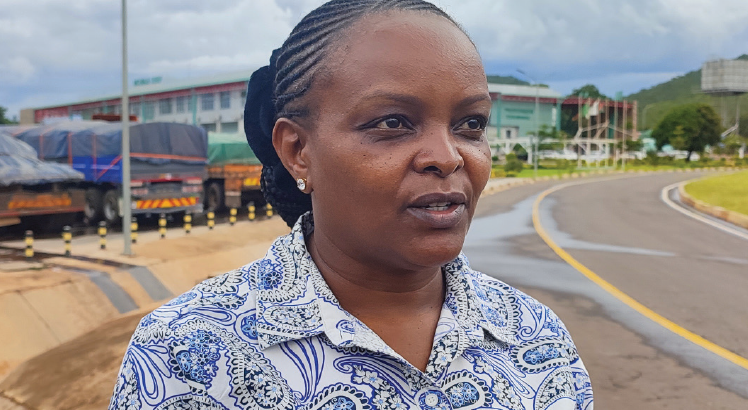MRA hails Comesa investment at border
T
he Malawi Revenue Authority (MRA) has commended the investment the 21-member Common Market for Eastern and Southern Africa (Comesa) has made at the Mchinji-Mwami Border to improve the efficiency of operations and boost revenue collection.
The Mchinji-Mwami One-Stop-Border Post enabled the establishment of a data exchange platform between MRA and Zambia Revenue Authority where the two Automated Systems for Custom Data (Asycuda) systems exchange import and export data electronically.
In an interview in Lilongwe on Friday, Mchinji-Mwami One-Stop Border Post station manager Tapiwa Mzunga said the lab equipment the regional bloc provided to the Malawi Bureau of Standards and Port Health expedited border operations.

She said: “The MBS and Port Health labs help us screen products and people right here at the border.
“Before these labs were introduced, we would refer medical cases to other hospitals. Products were also referred to Lilongwe for screening at the MBS lab. Now we can do all these here.”
Mzunga further said MRA is optimistic that the smart gate, another Comesa-funded project, will help improve revenue collection at the one-stop border post once it is fully operational.
Meanwhile, smart gates have been installed at the facility, but will need to be integrated with the Asycuda.
Said Mzunga: “When it is fully operational, the smart gate will provide us [local authorities at the border] with accurate information on how many vehicles have passed through this gate and how long they have stayed.
“This will further improve revenue collection because we will then be able to accurately calculate the storage fees for overstayed goods and charge them to the traders accordingly.”
In a separate interview, Jane Kibiru, a research fellow in Comesa Trade and Customs Division, said the technologies have improved the time it takes to clear goods at the border and also reduces the cost of trade.
She said: “By having all the key agencies such as Immigration, MBS and MRA, we expedited the time it takes to clear the goods.
“This is more convenient for traders because faster clearances mean fewer costs incurred in storage fees at the border. These costs are usually passed on to consumers, so this is a win for all people.”
The project has been implemented by Comesa with funding from the European Union to facilitate a smooth flow of goods, persons and services across the region.





